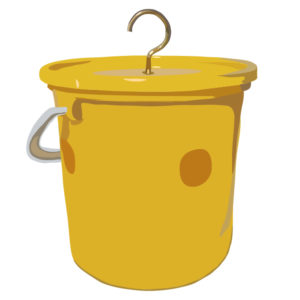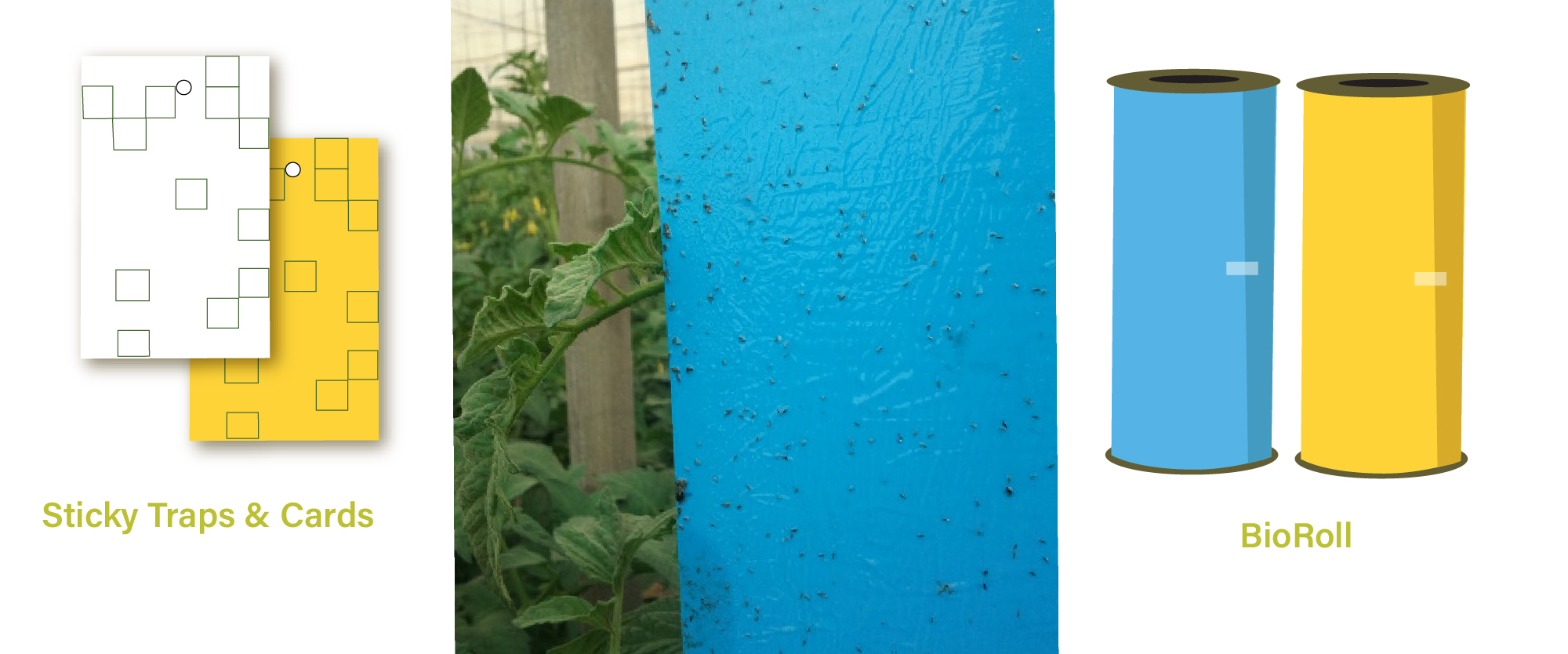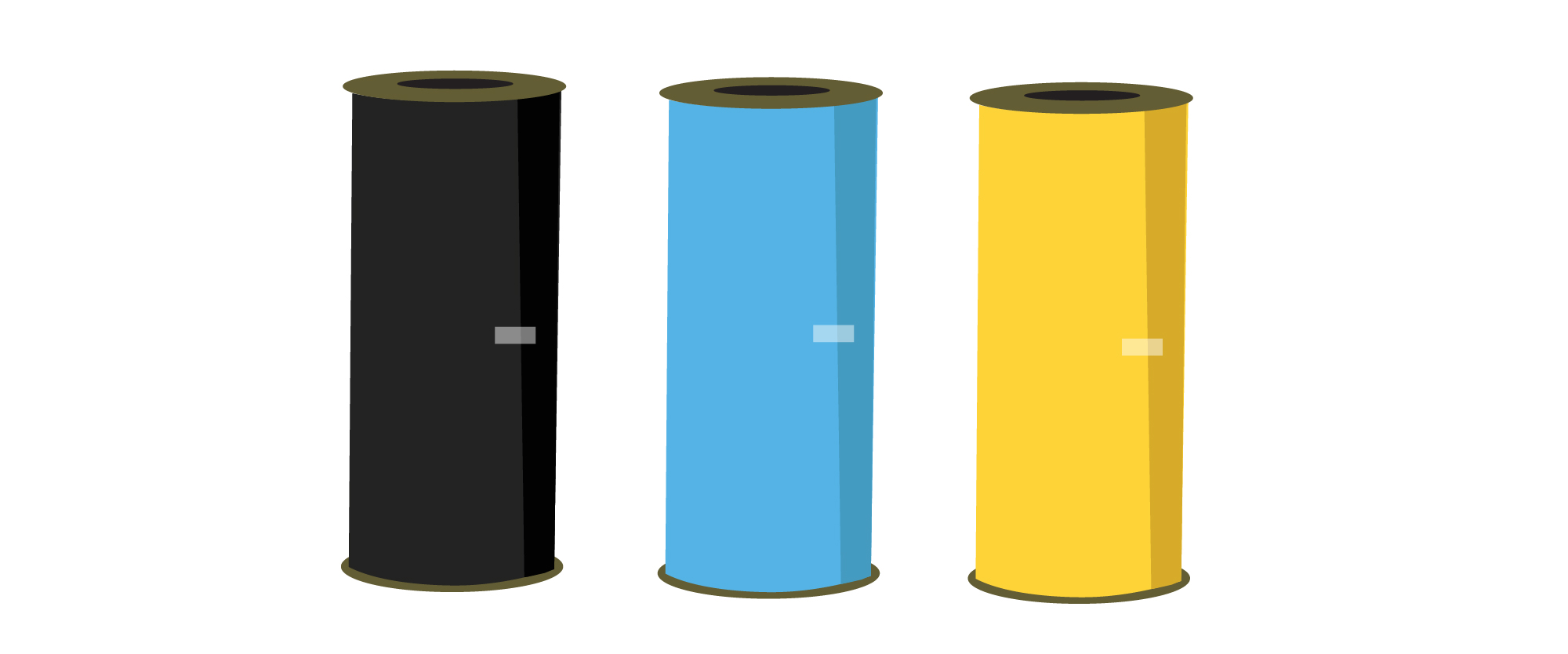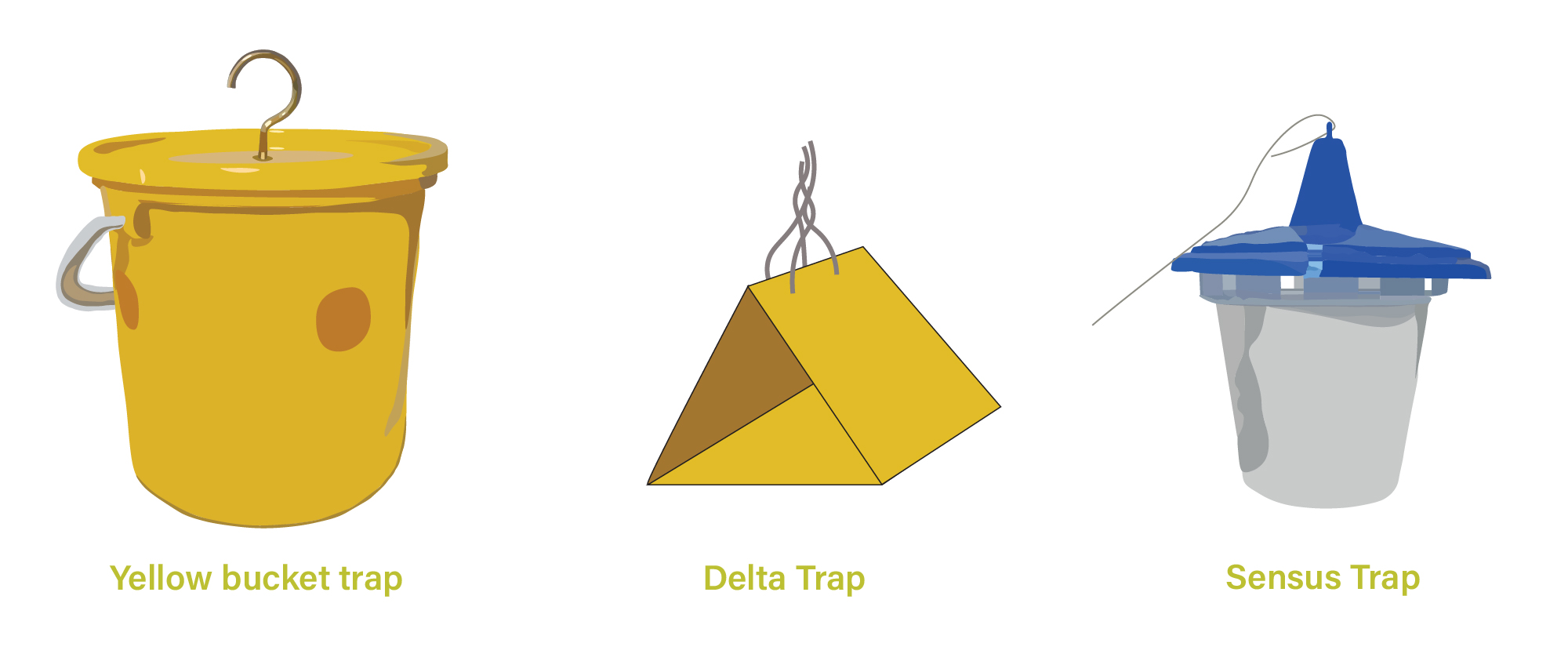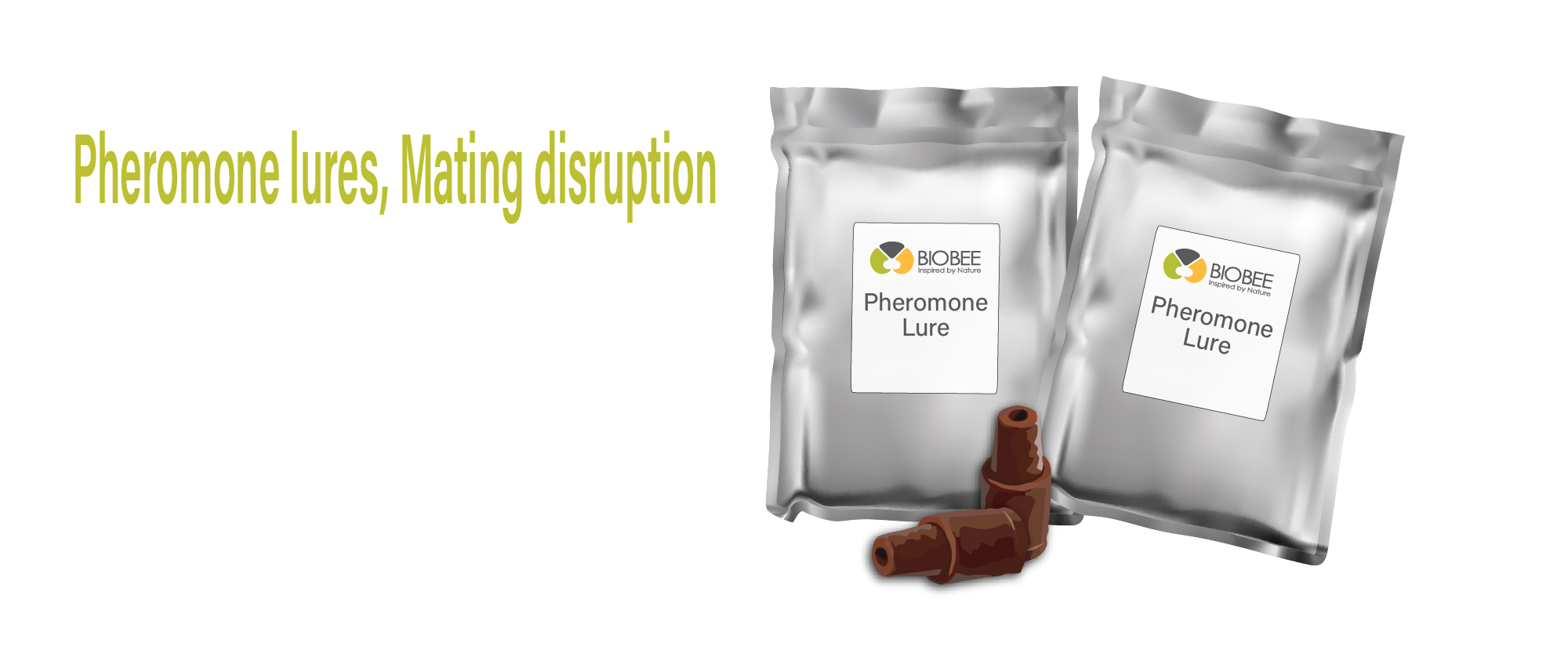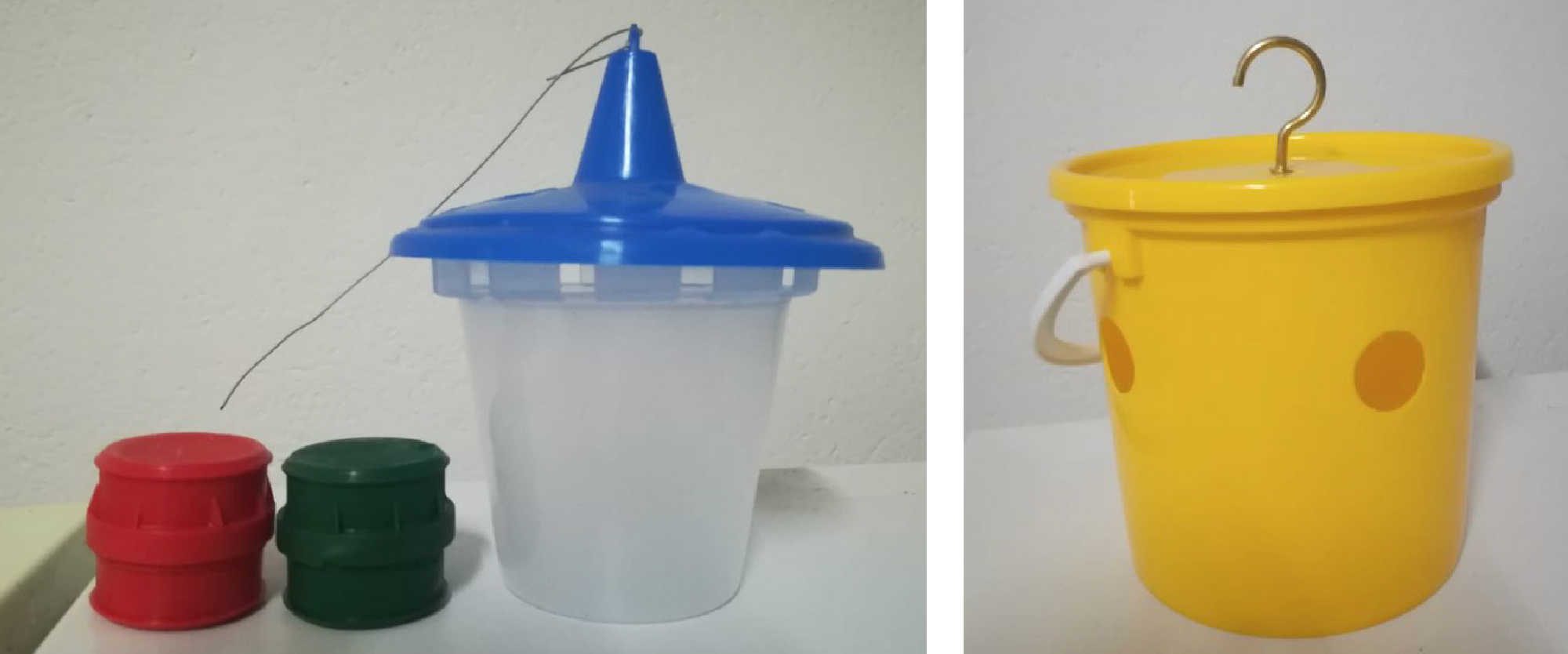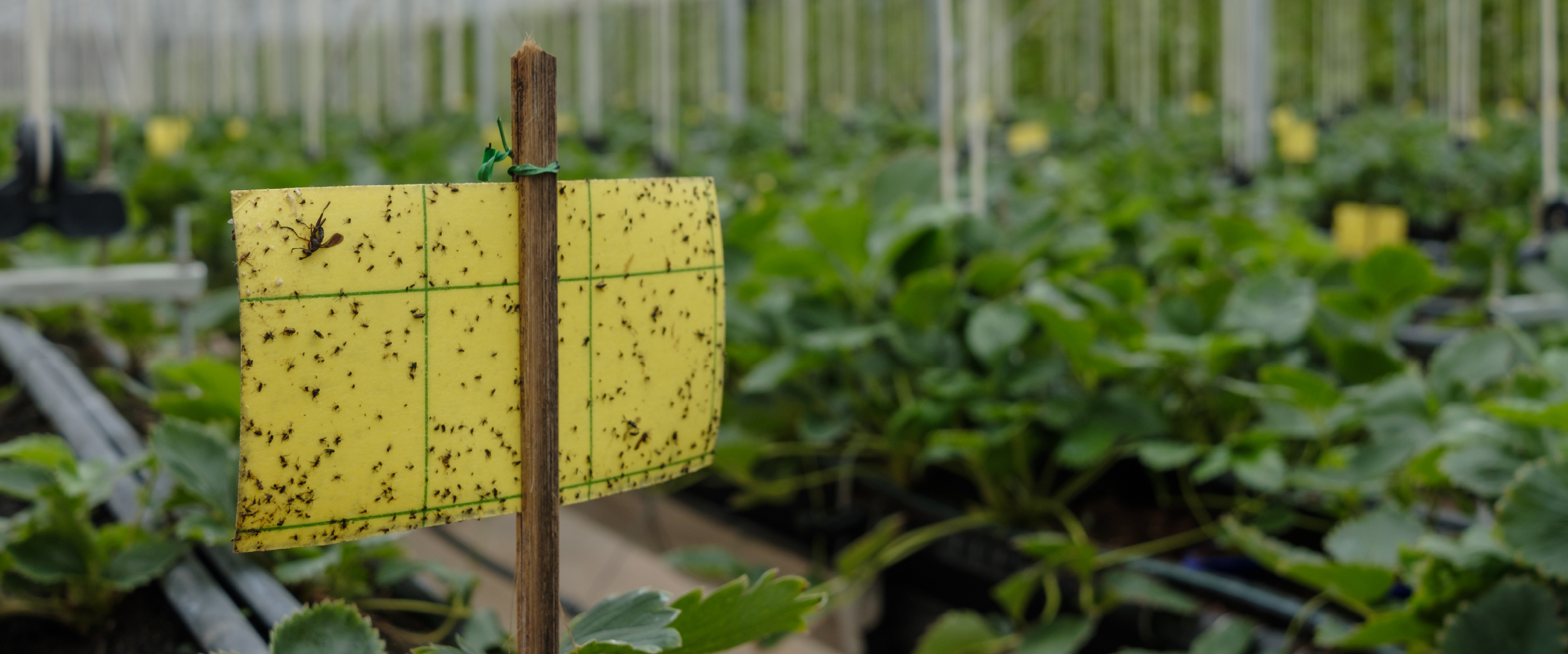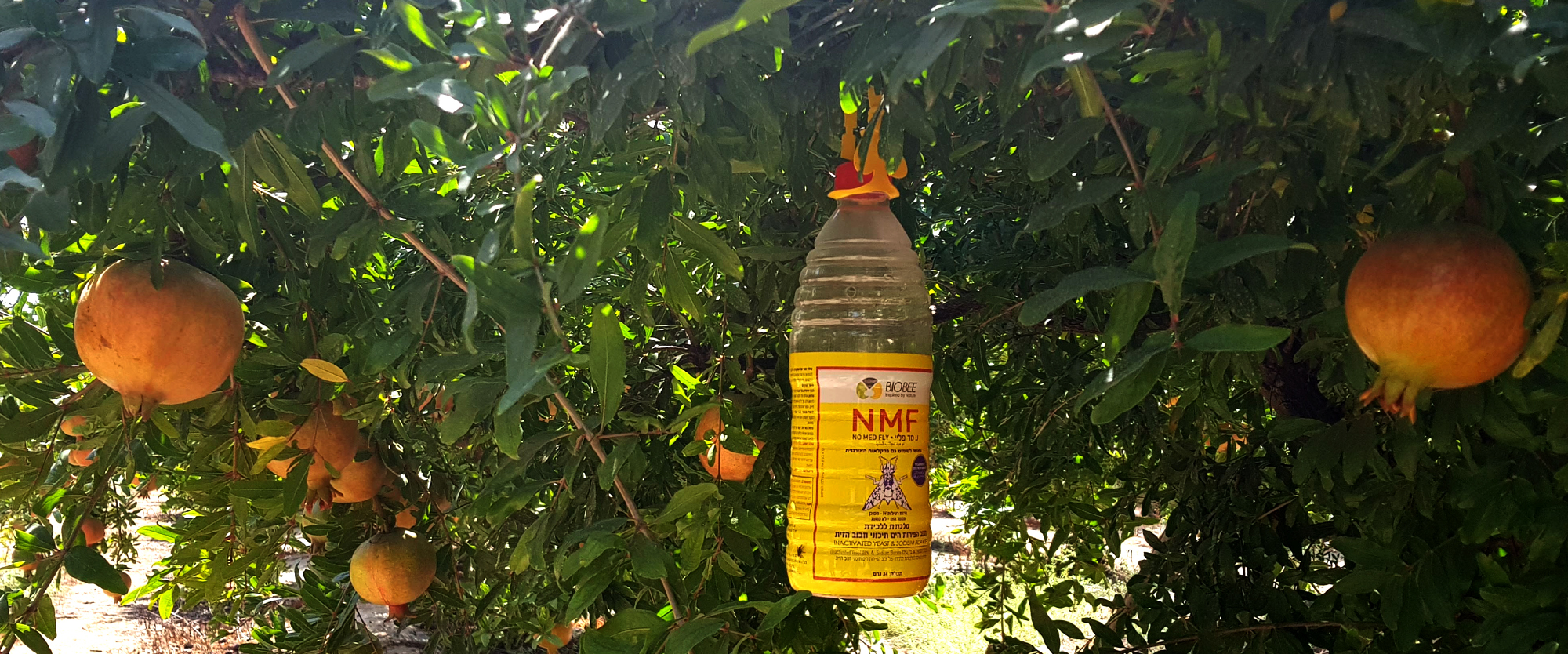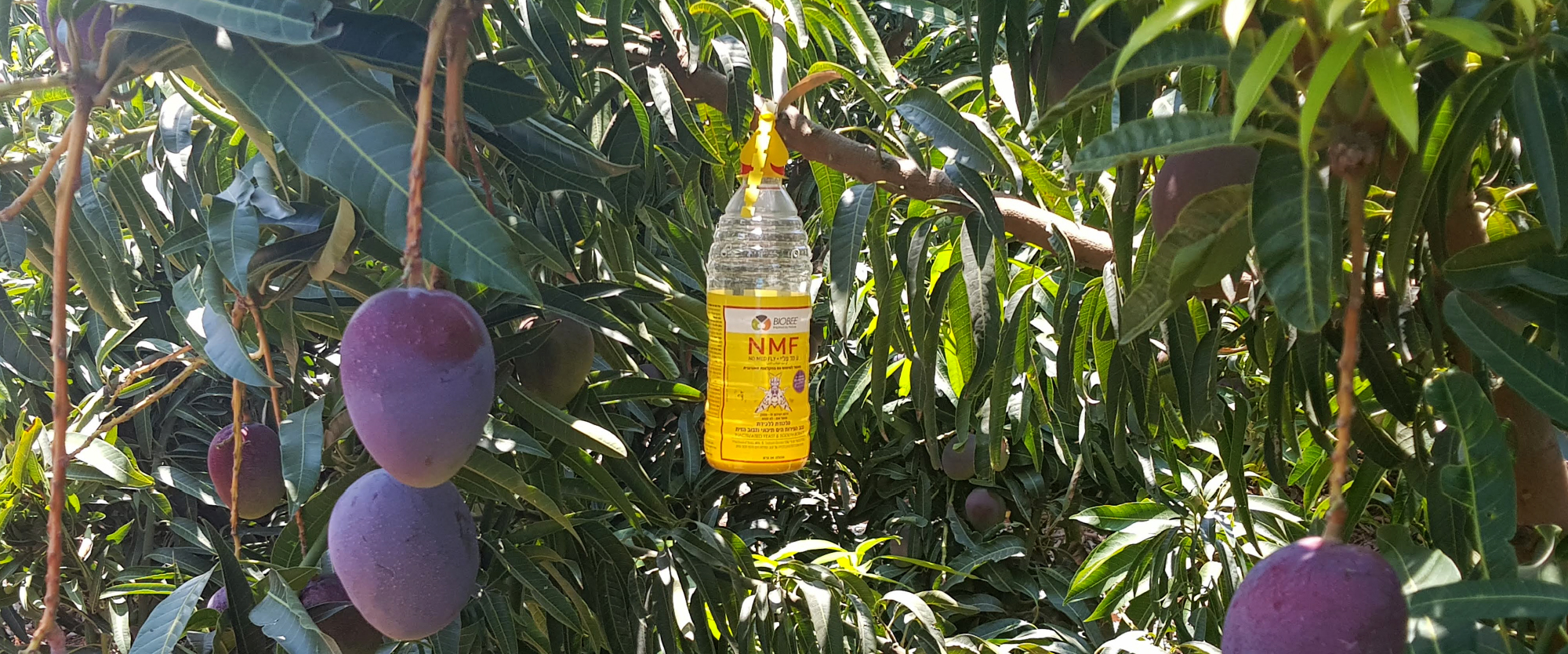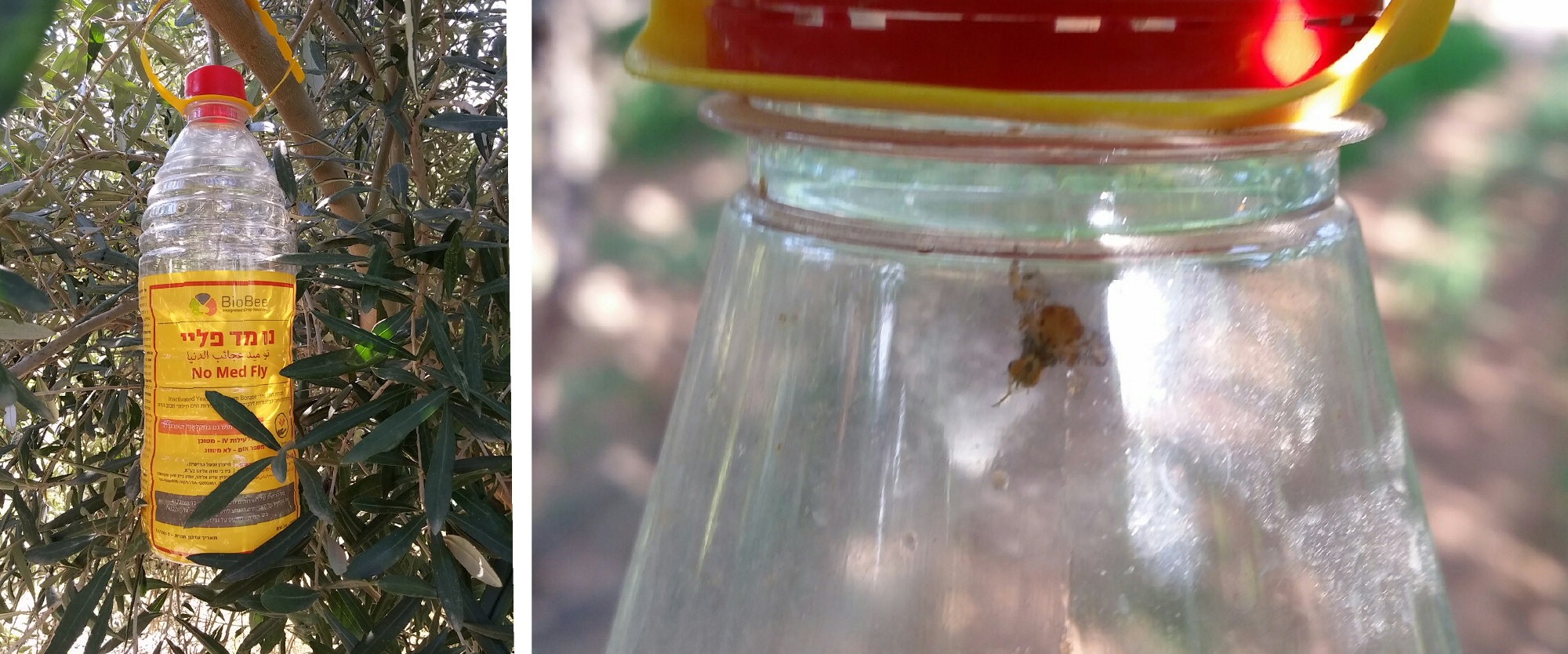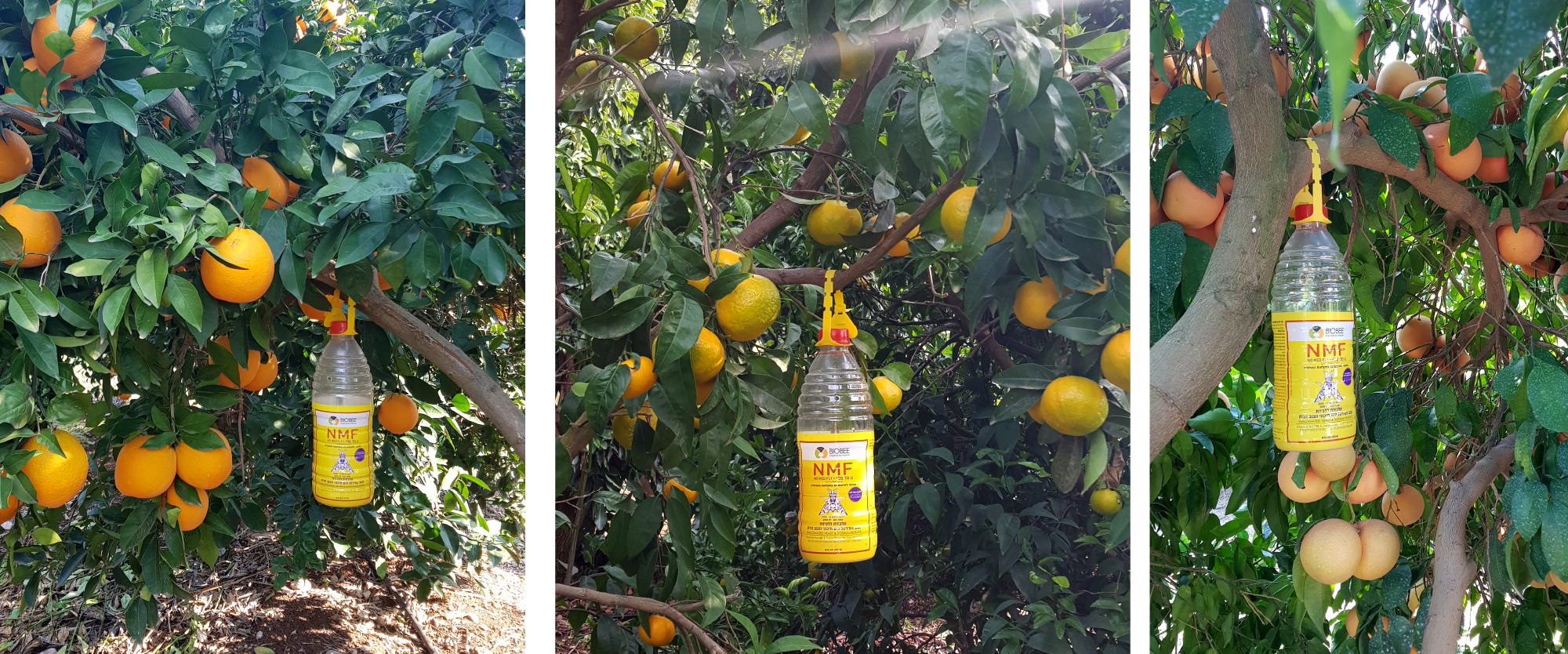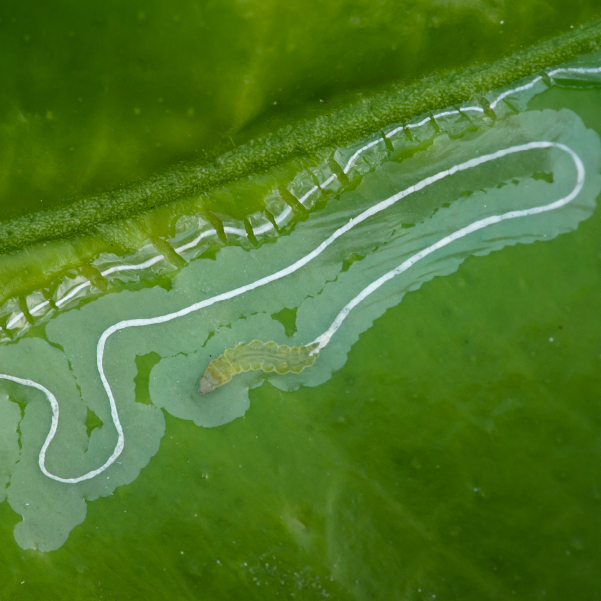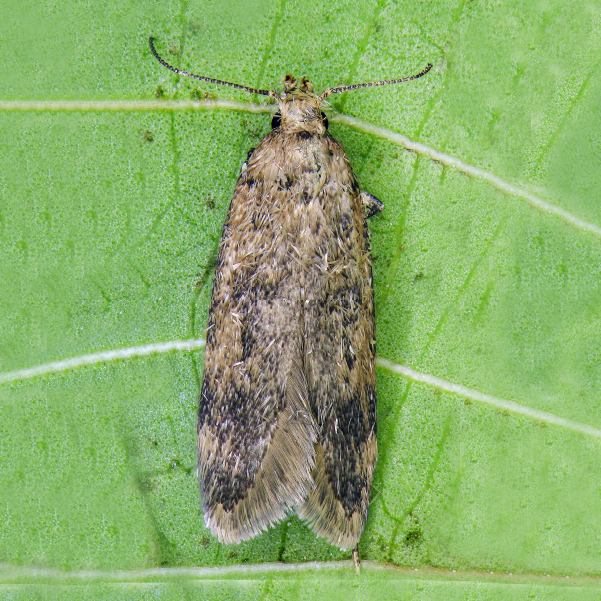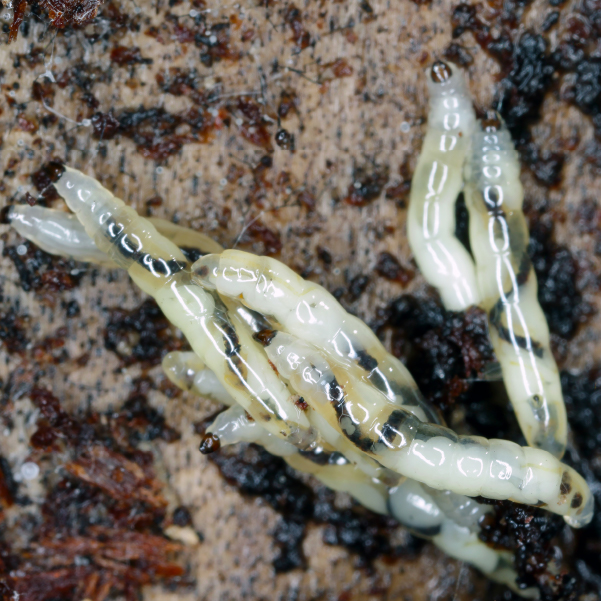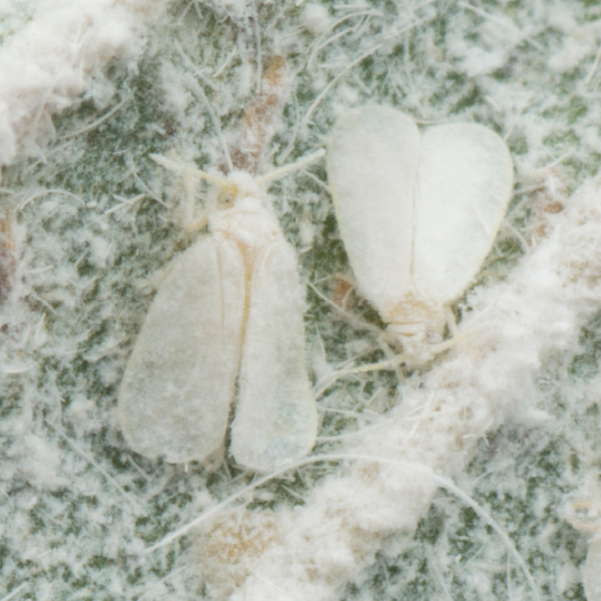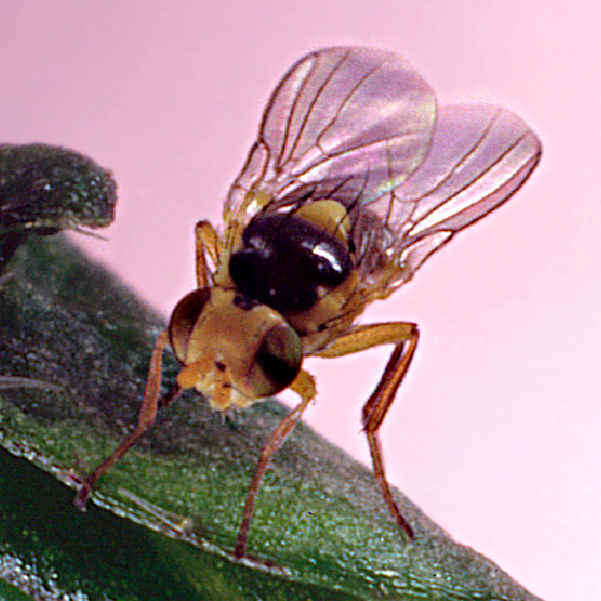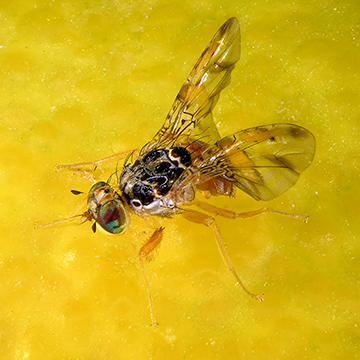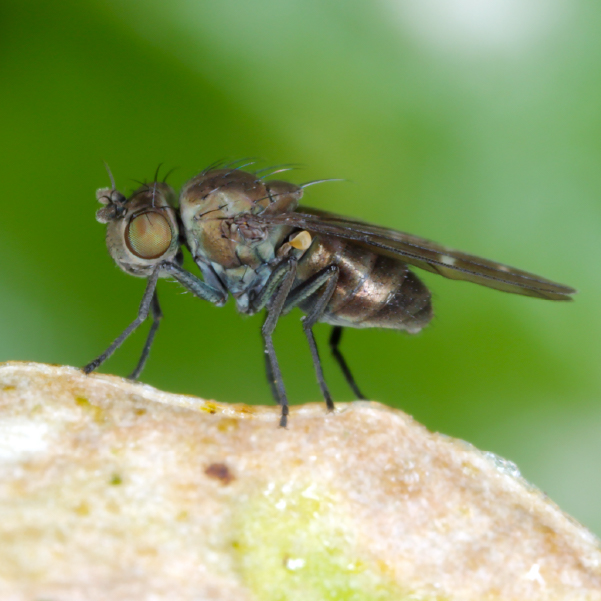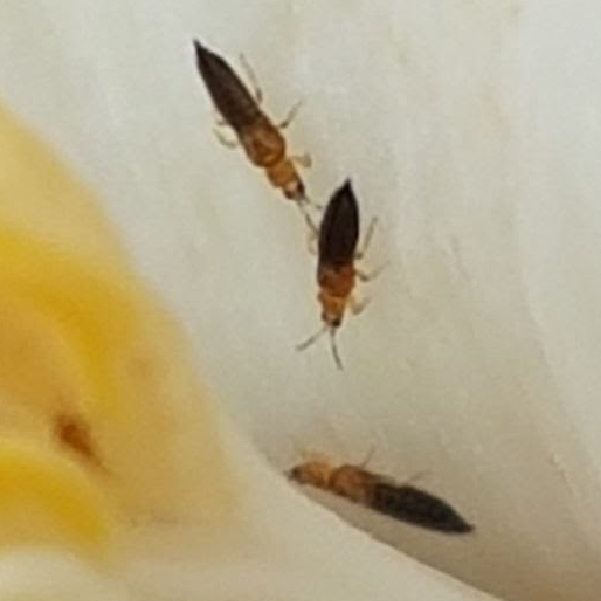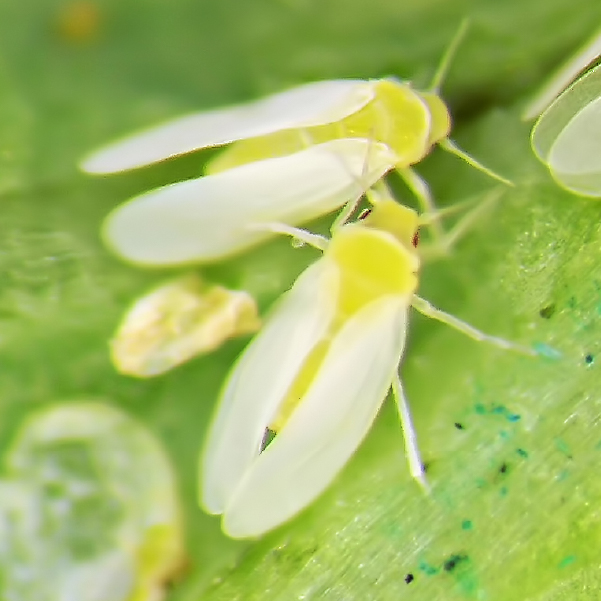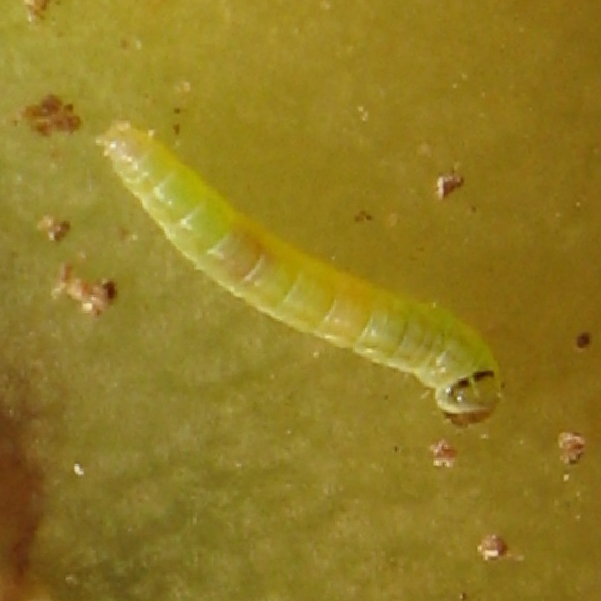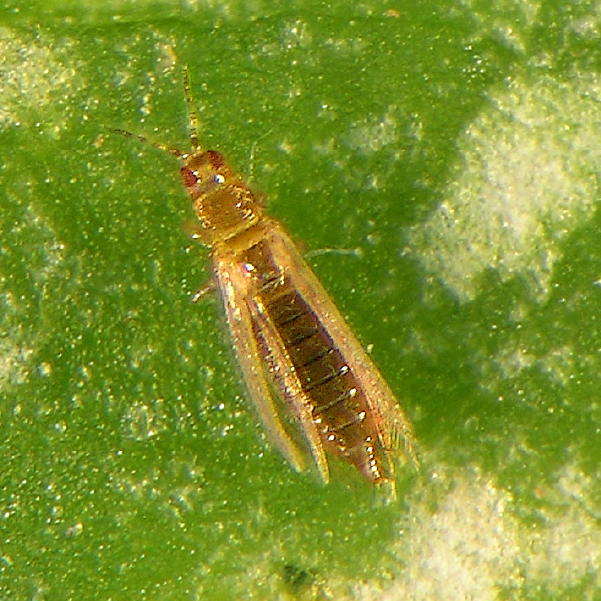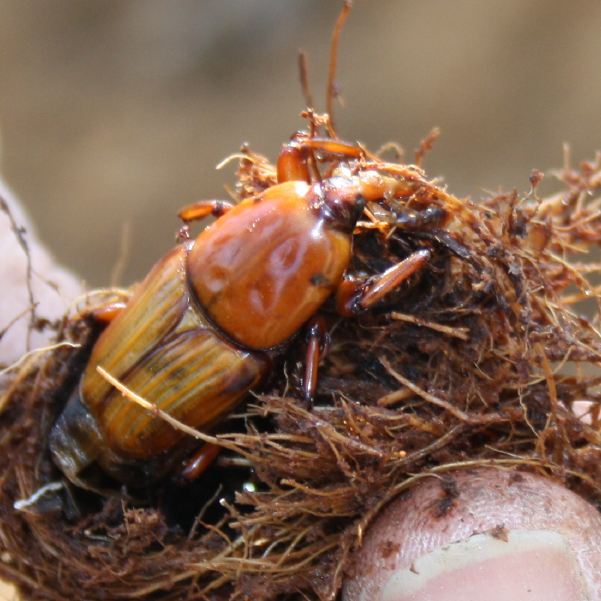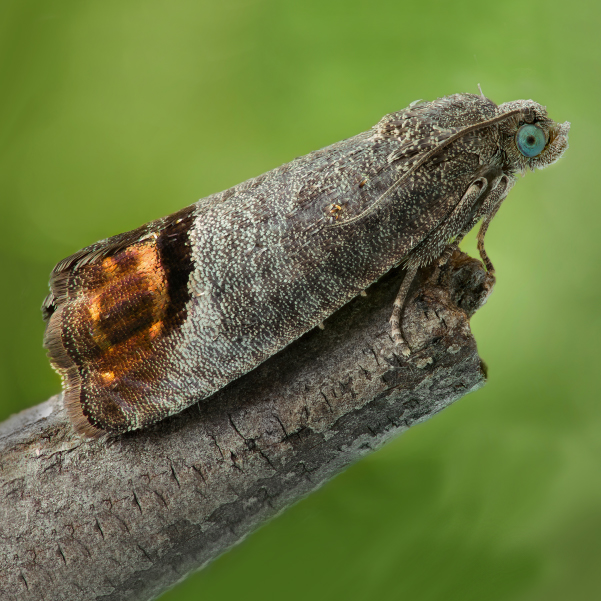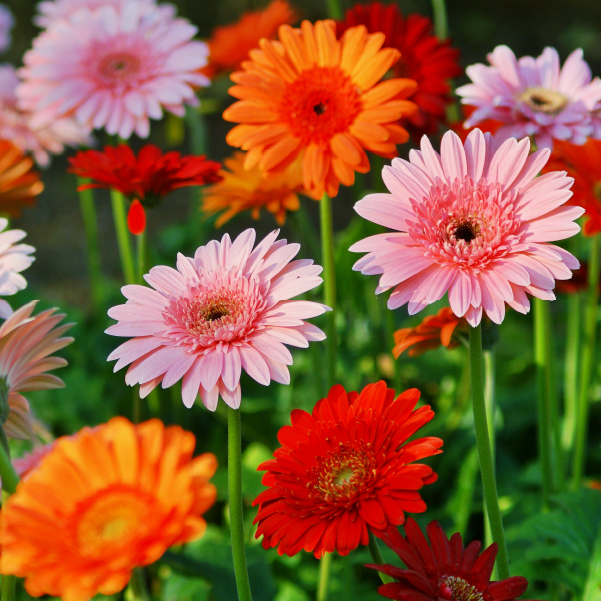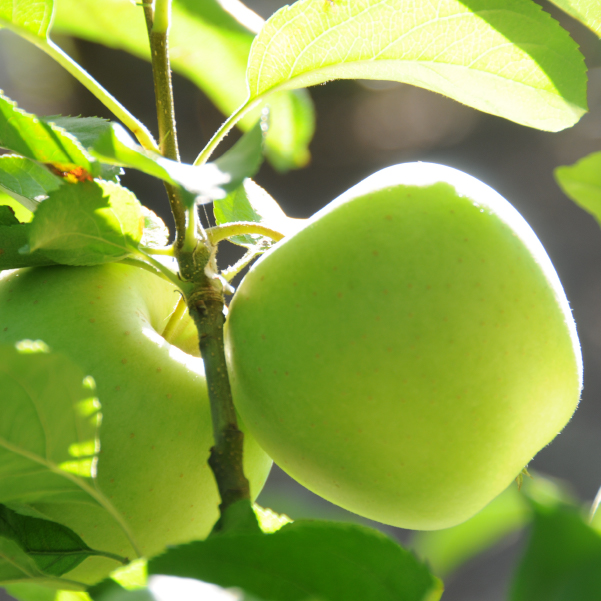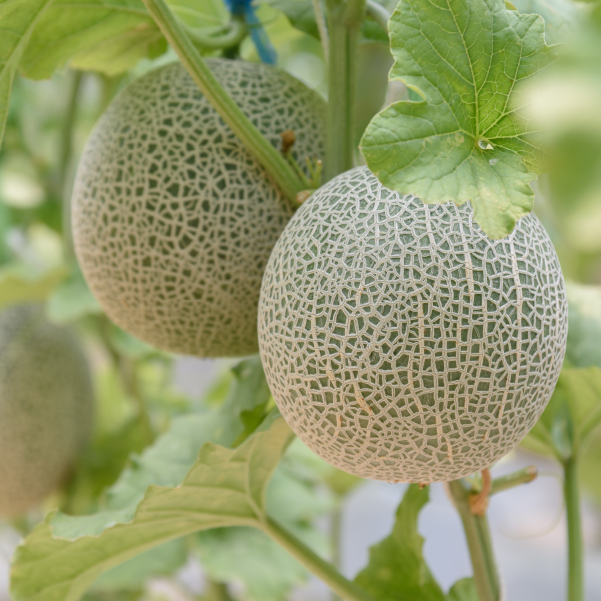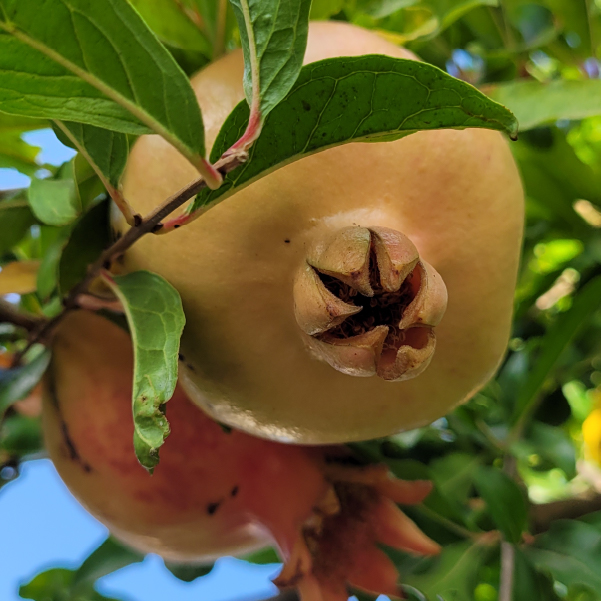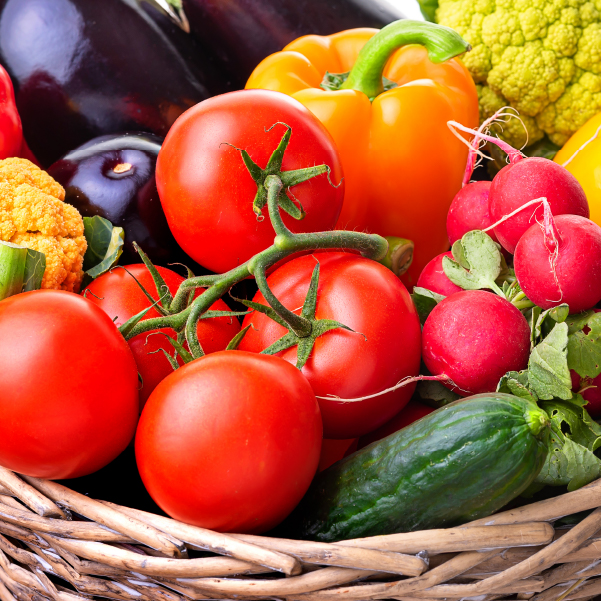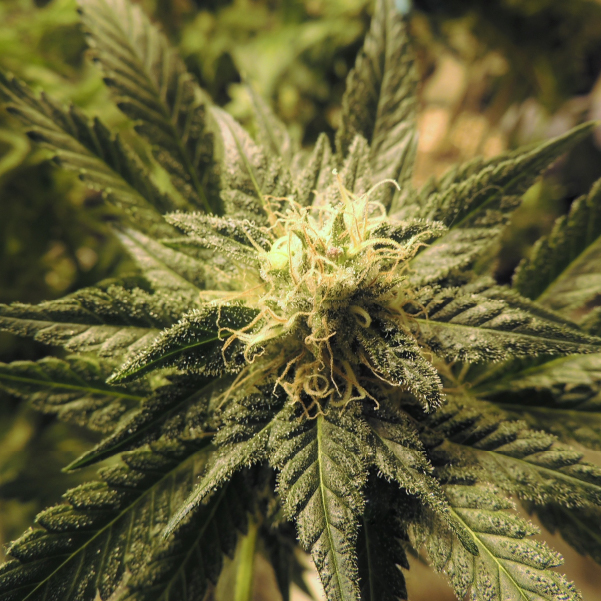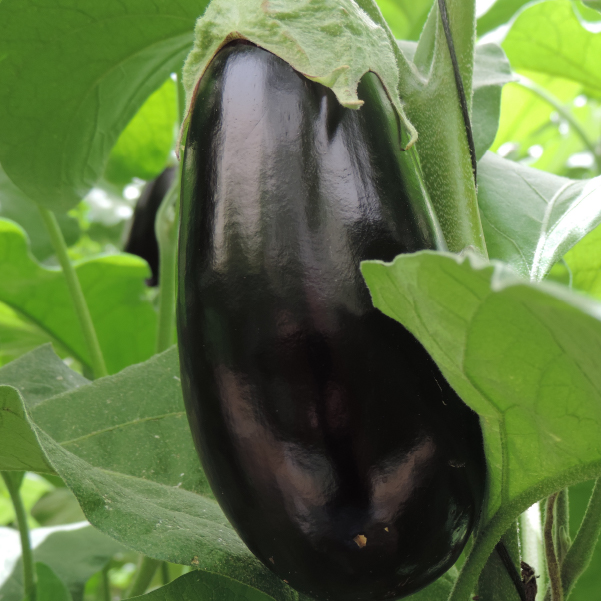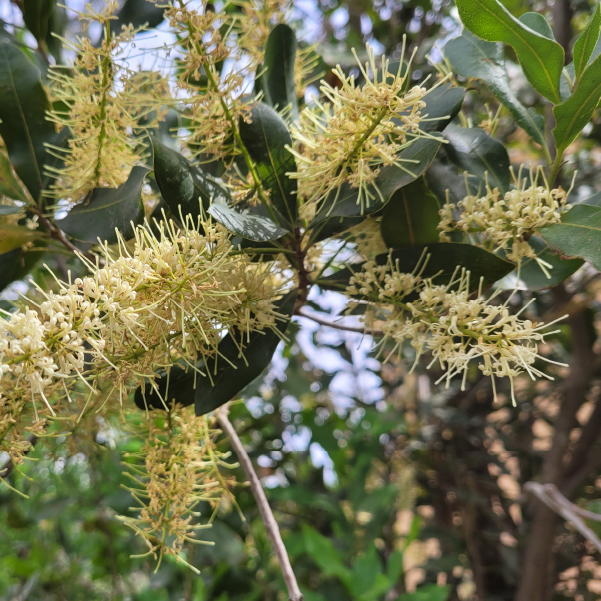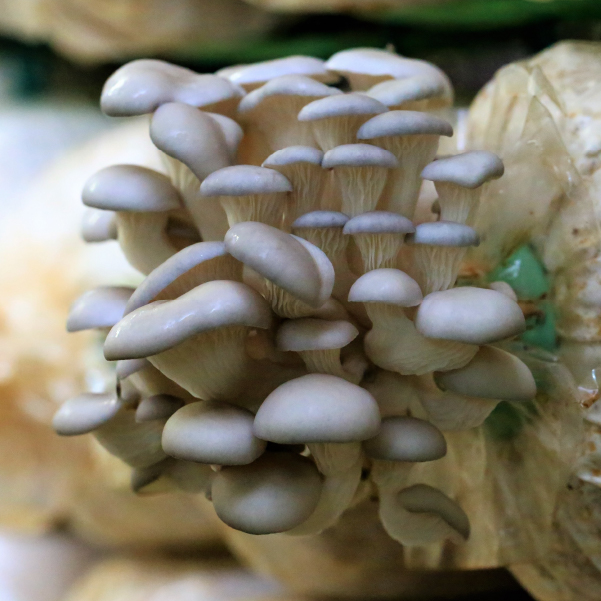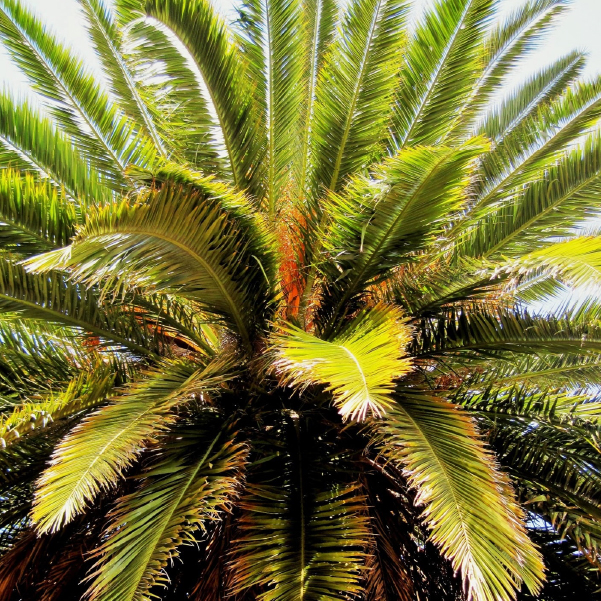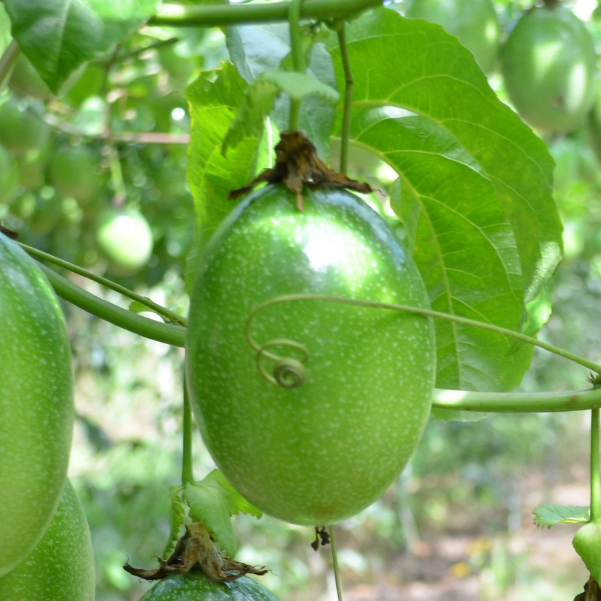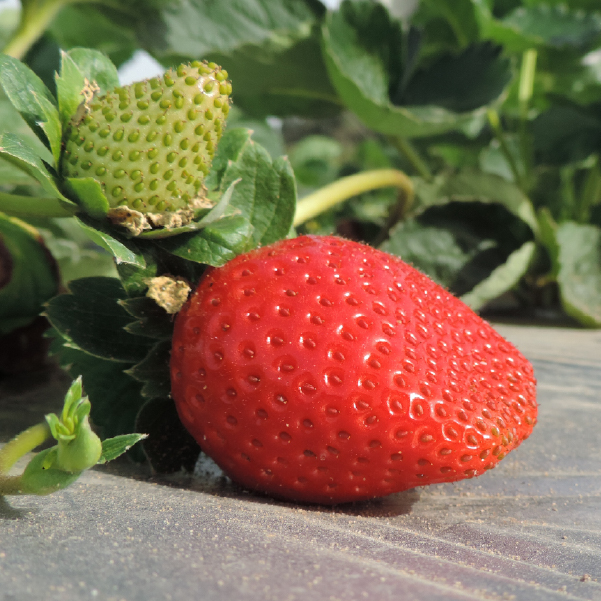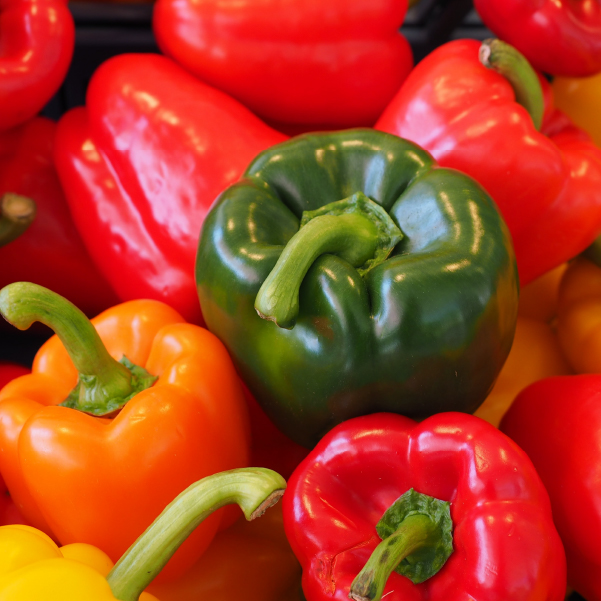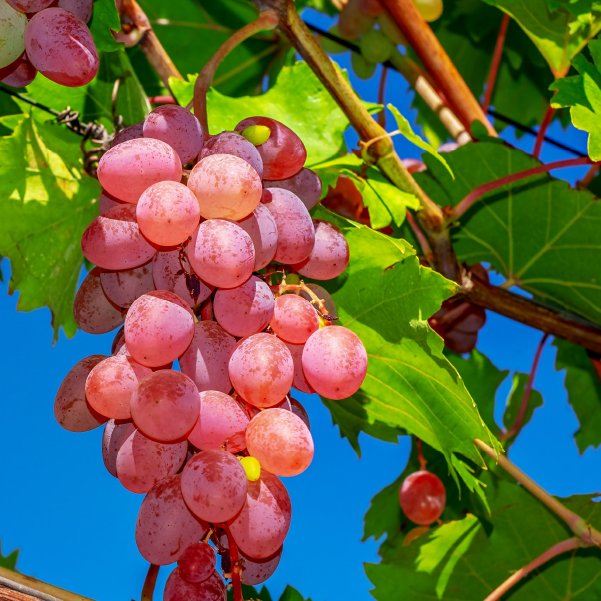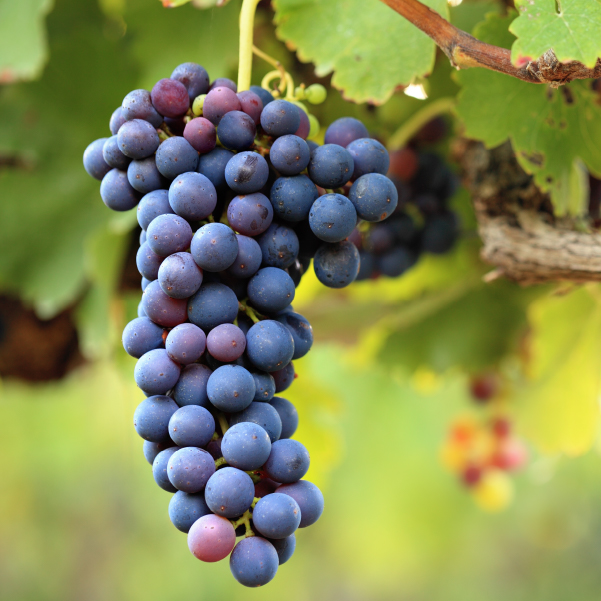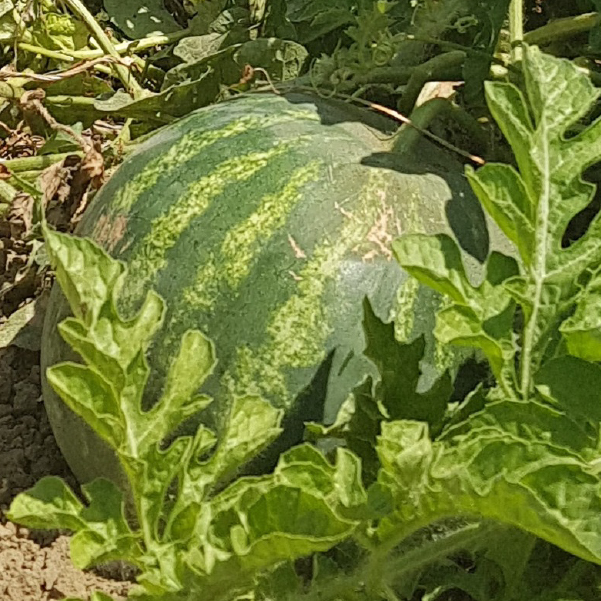Traps are a useful tool for mass capture, monitoring, counting and identifying pests. Some traps are coated with an adhesive (on one side) while others are plant derived semiochemicals or pheromone baited.
Traps are eco-friendly as well as biologically safe solutions for growers and municipalities.
Consult your local BioBee representative for additional details.
Target Pests
Product
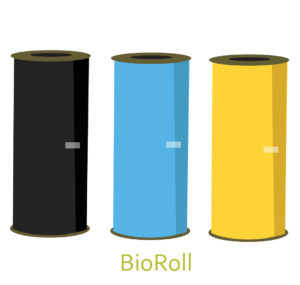

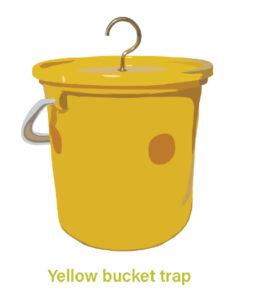

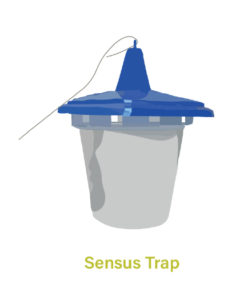
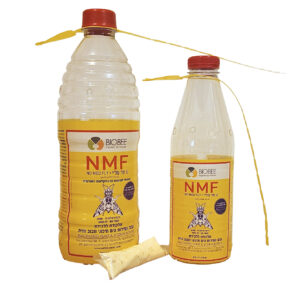
Delta traps are the trap of choice for Lepidopteran pests or other good-flyer insect pests. They can be used to monitor in orchards, large row crop plantations, small vegetable plots as well as indoors.
Sensus Traps, a dry trap that uses different lure capsules to attract the pests.
Sticky traps & cards use an innate insect attraction (yellow and blue) to certain colors to trap them on its glue-covered surface.
BioRoll is a roll of thin plastic-based material coated with glue. The BioRoll also uses the innate color attraction of insects to the color yellow, blue and black.
Yellow bucket traps use pheromone trapping technology (chemical substances that are secreted by members of the same species to trigger specific responses) to attract pests to the trap.
The NMF trap is a food based bate trap to mass-capture the Mediterranean fruit fly and the Olive fruit fly.
Application

Optimal function of traps is directly related to their correct deployment. Positioning of the traps is directly correlated to the area you are covering (orchards, greenhouses, open fields…) and sometimes, even the pest itself (high flying, low flying….).
For more information contact your local BioBee field agent.
Crops
Disclaimer
BioBee Sde Eliyahu Ltd. produces and markets biological products. Production is carried out using innovative techniques under controlled quality assurance standards such as ISO 9001:2015, as well as IOBC’s international standards for mass-production of insects. All products are tested to meet specification requirements before leaving the factory.
The success of biological pest control is affected by the crop’s initial pest population (upon application of the product), weather conditions and chemical residue present in the crop, among other possible aggravating factors.
Under no circumstance shall BioBee be liable for the outcome of the implementation in the field, as it has no control over local conditions, the application method, or the possible improper treatment/storage of the product.
